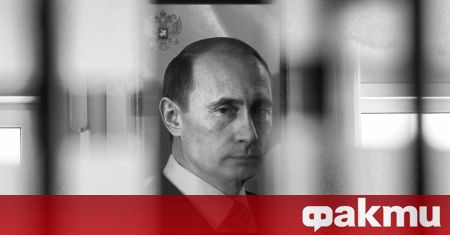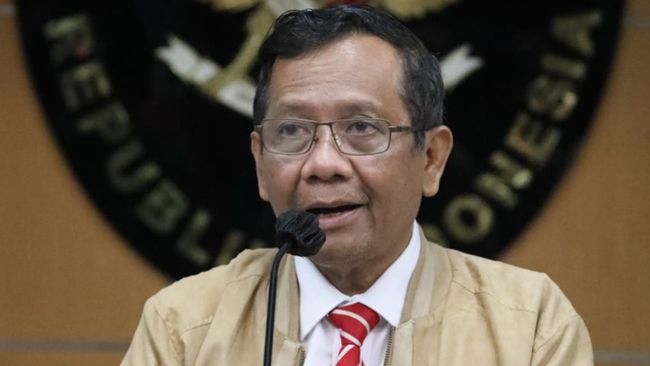High-carbon steel is very reinforced and strong, but can crack in the event of a sudden impact. Mild steel, on the other hand, is more ductile and prone to bending, but is less likely to break. The two metals, compared by the Financial Times, are a useful metaphor for the properties of authoritarian and democratic governments.
In Europe, populists have launched countless attacks on pluralistic values and norms. And yet, no matter how much they twisted under these blows, the institutions of democracy proved flexible enough to bear them. The situation with autocrats is different. Vladimir Putin is still in the Kremlin, Recep Tayyip Erdogan has occupied a Versailles-like palace in Ankara, and Xi Jinping is stepping up his confrontation in an attempt to disrupt Western international order. Autocrats look powerful, but that’s only apparent – steel can only crack with one strong blow.
Nationalist autocrats need enemies abroad to justify political repression at home, and the Russian president has long since found his own in the West. However, this only shows his weakness. Corruption is rampant in Russia, starting with the Kremlin, which explains Putin’s fear of Alexei Navalny, the opposition leader behind bars. Western countries cannot be blamed for the low standard of living of Russians, and Navalny exposed the government’s large-scale corruption schemes, which made him uncomfortable.
The Kremlin’s over-focus on one person underscores the uncertainty stemming from Putin’s previous role as a paranoid KGB officer, which in turn has fueled Russia’s unhealthy agenda. There is another weakness in the country – the lack of sufficiently competent officers to conduct the most sensitive operations. Such was the failed operation to assassinate Navalny. The unfinished operation of the services left many traces, which highlighted the incompetence and internationally compromised positions of the Putin regime. Western officials have proven that a banned chemical weapon was used against Navalny, and the Kremlin’s line that it has nothing to do with Navalny’s Novice poisoning only alienates Russia from the West.
The Siberian doctors who originally treated Navalny falsified medical records in an attempt to hide the real cause of Navalny’s sudden collapse. Navalny’s anti-corruption fund has revealed investigation, accessing medical records at a hospital in Omsk (where Navalny was initially housed), that Putin’s enemy had been poisoned with organophosphate, and that FSB agent Valery Nikolaevich Sukharev was a key figure in the operation. This is another failure for the Russian services, which a few years ago tried to kill Sergei Skripal, as well as journalist and poet Dmitry Bikov and opposition politician Vladimir Kara-Murza. Russia’s services are doing everything possible to eliminate Putin’s opponents, whose only desire is to live in a free country.
Radio Free Europe / Radio Liberty reported earlier this week that an activist had been arrested on Moscow’s Red Square just for wearing a T-shirt calling for Navalny’s release from prison. In addition, his car was set on fire by unknown individuals. This only shows Putin’s weakness and fear. Putin’s only concern is to maintain his own power. He will gladly steal Russia’s future to cement his own positions. Autocrats understand very well the fragility of their government.
The facade in front of them looks solid, but behind it there is only one thing – fear.
–


